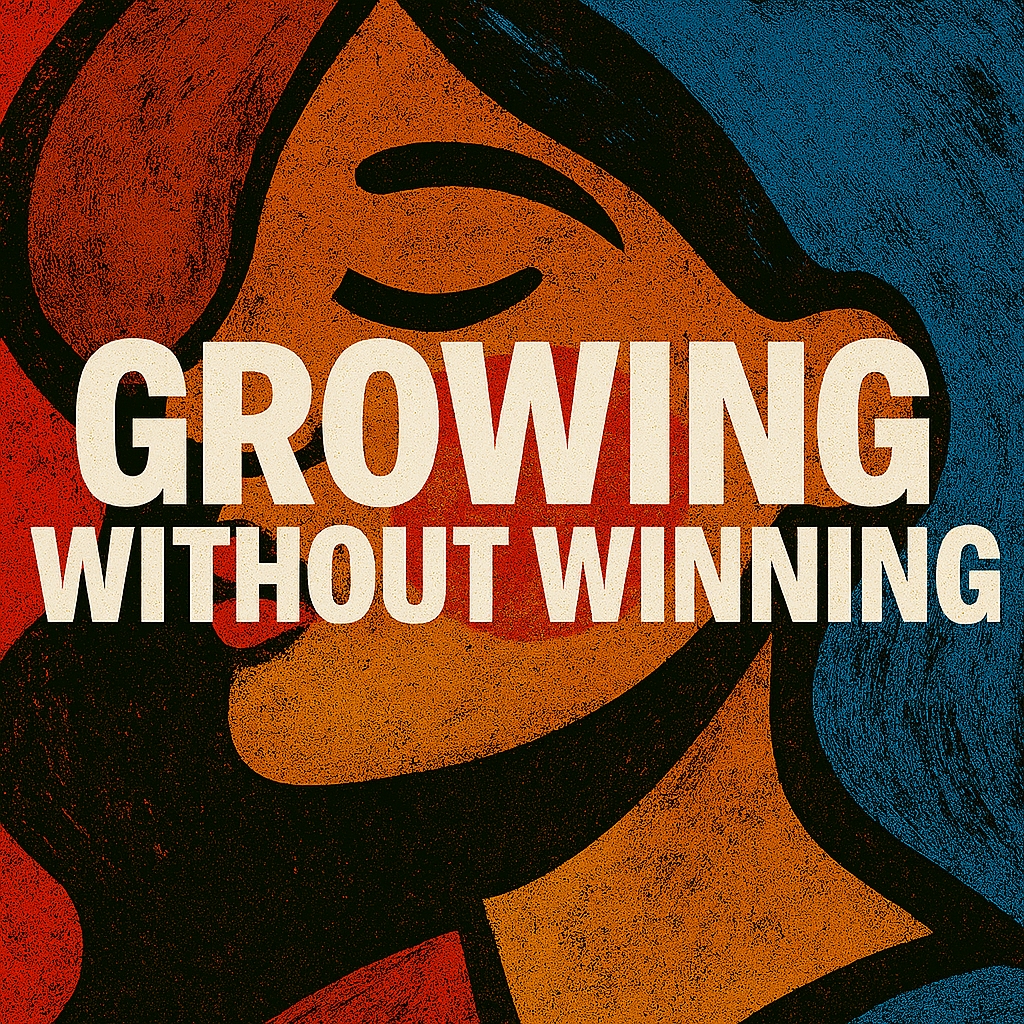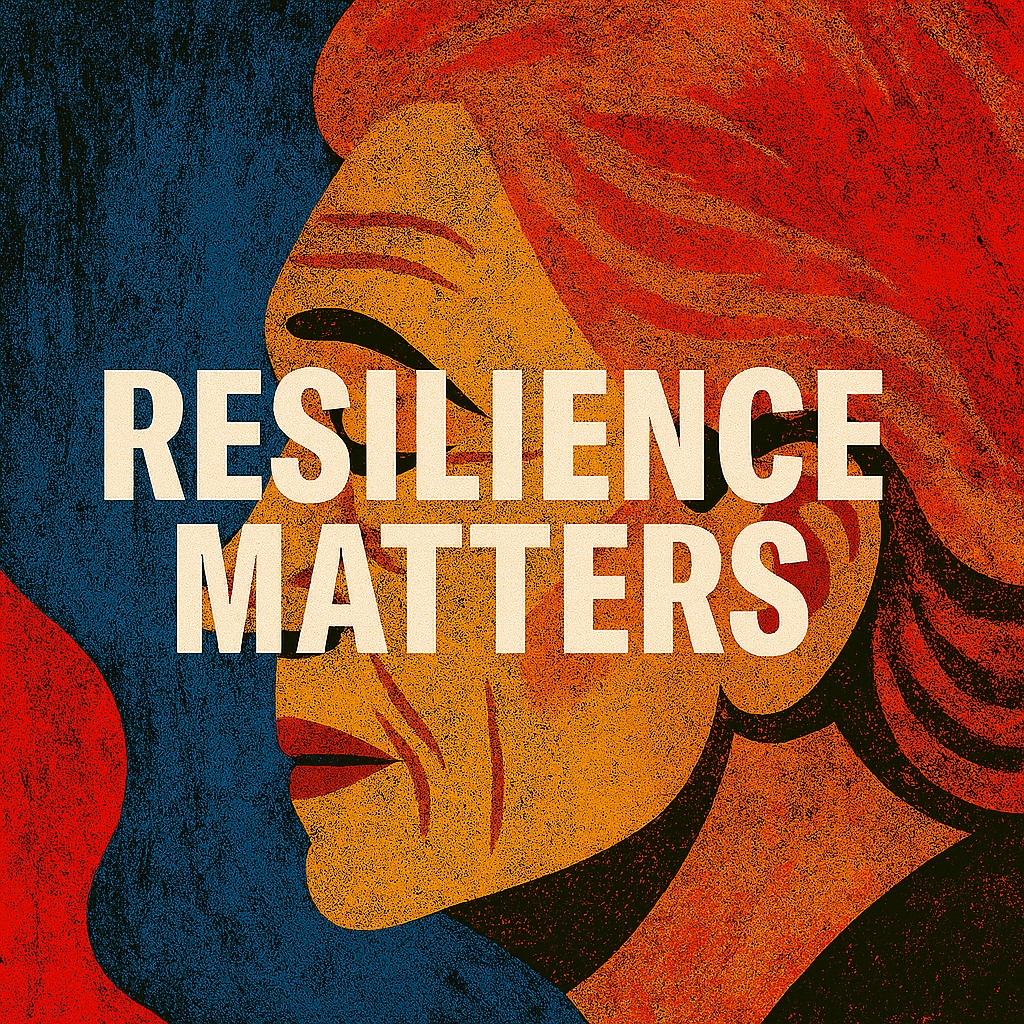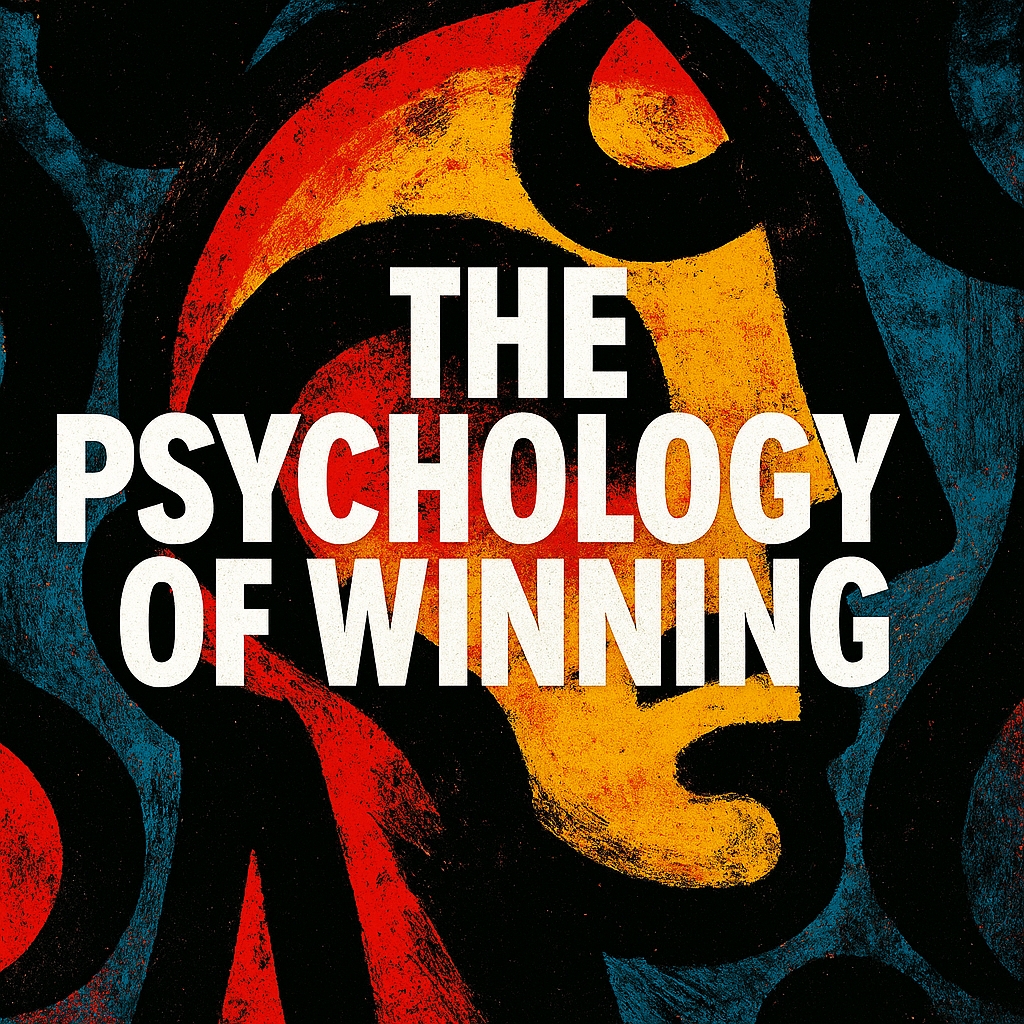Psychology of Winning When Triumph Success Transforms You
The Psychology of Winning
Winning is often perceived as the ultimate validation of effort, intelligence, and strategy. It activates deep psychological mechanisms that influence motivation, identity, and emotional regulation. The desire to win can foster resilience, creativity, and long-term goal orientation. However, when unchecked, it can also distort values, trigger burnout, and erode interpersonal relationships. Drawing from neuroscience, behavioral psychology, and performance studies, it maps the cognitive and emotional architecture of triumph. Winning is not a static achievement but a dynamic mindset shaped by context, feedback, and self-awareness. Whether in sport, business, or personal life, the pursuit of victory carries symbolic weight and emotional risk.
Cognitive Architecture of Winning
Winning activates the brain’s mesolimbic dopamine system, which reinforces goal-directed behavior. Anticipation of victory often triggers stronger neural responses than the win itself. The prefrontal cortex supports strategic planning and impulse control during competitive tasks. The anterior cingulate cortex monitors conflict and error detection, helping refine performance. Symbolic and material wins engage similar reward pathways in the brain. Repeated victories can recalibrate baseline dopamine levels, reducing satisfaction from smaller achievements.
This phenomenon is known as hedonic adaptation and is well-documented in behavioral neuroscience. Escalating stakes may become necessary to maintain the same level of emotional reward. Over time, this can lead to compulsive competition and diminished emotional regulation. Understanding these mechanisms helps explain why some individuals become addicted to winning.

Identity Fusion and Self-Worth
Winning often becomes fused with personal identity, especially in high-performance environments. Identity fusion occurs when the self becomes indistinguishable from the role of winner. This fusion can enhance focus and commitment but also increases vulnerability to failure. Athletes and entrepreneurs frequently report feeling only as valuable as their last win. When winning becomes the sole metric of self-worth, emotional resilience may decline.
Studies show that identity fusion correlates with increased anxiety and perfectionism. The pressure to maintain a winning image can lead to denial of injury and emotional suppression. In organizational settings, leaders may resist feedback to protect their winning persona. Detaching self-worth from outcomes is essential for psychological sustainability. Integrating identity with values rather than results supports long-term well-being.
Cultural Conditioning and Success Narratives
Societies often mythologize winning, linking it to moral virtue or superiority. From early childhood, individuals are exposed to narratives that equate victory with validation. Media, education, and family systems reinforce binary thinking around success and failure. In collectivist cultures, winning may be framed as communal pride. In individualist cultures, it often reflects personal merit and autonomy. These cultural scripts shape emotional responses to competition and achievement. They also influence how individuals interpret setbacks and redefine goals. Cultural conditioning can normalize overwork and emotional suppression in pursuit of success. Understanding these narratives helps individuals critically assess their motivations. Reframing success beyond binary outcomes supports healthier psychological development.
Dopamine Loops and Escalation
Winning triggers dopamine release, reinforcing behaviors that lead to positive outcomes. This creates a feedback loop that encourages repetition and escalation. Over time, the brain may require higher stakes to achieve the same emotional reward. This phenomenon is similar to tolerance in addiction studies. Escalation can manifest in risk-taking, overtraining, or unethical behavior. Studies in behavioral economics show that intermittent rewards intensify pursuit. The unpredictability of winning increases emotional investment and cognitive bias. Individuals may begin to prioritize winning over learning or collaboration. Breaking the loop requires conscious reflection and recalibration of goals. Sustainable motivation involves balancing reward with intrinsic values.
Triumph Transforms You
Perfectionism and Psychological Rigidity
Winning can foster perfectionism, especially when linked to identity and external validation. Perfectionism involves setting unrealistically high standards and fearing failure. It is associated with increased anxiety, depression, and burnout. Psychological rigidity develops when individuals resist change to protect their winning status. This rigidity can impair adaptability and emotional flexibility. Studies show that perfectionism correlates with reduced creativity and problem-solving. In competitive environments, it may lead to overtraining and denial of limitations. Psychological flexibility supports resilience and long-term performance. Cultivating self-compassion and process-oriented goals reduces perfectionistic tendencies. Recognizing the limits of control is essential for emotional health.

Social Comparison and Emotional Contagion
Winning often involves comparison with others, which can distort self-perception. Social comparison theory explains how individuals evaluate themselves relative to peers. Upward comparison may motivate growth but also trigger envy and insecurity. Downward comparison can reinforce superiority but reduce empathy. Emotional contagion occurs when competitive environments amplify stress and aggression. Studies show that team dynamics influence individual emotional states. Winning can foster cohesion or division depending on context and leadership. Excessive comparison undermines intrinsic motivation and emotional regulation. Focusing on personal growth rather than external benchmarks supports psychological well-being. Healthy competition involves mutual respect and shared goals.
Burnout and Overtraining
The pursuit of winning can lead to physical and emotional exhaustion. Burnout is characterized by fatigue, cynicism, and reduced performance. Overtraining syndrome is common in athletes and involves hormonal and cognitive disruption. Chronic stress impairs memory, decision-making, and emotional regulation. Studies show that recovery is essential for sustained performance. Ignoring signs of burnout can lead to long-term health consequences. Rest and reflection are critical components of sustainable success. Organizations that reward constant output may inadvertently promote burnout. Balancing effort with recovery supports long-term achievement. Recognizing limits is a sign of strength, not weakness.
Ethical Boundaries and Competitive Pressure
Winning can distort ethical judgment under pressure. Studies in behavioral ethics show that competition increases risk of rule-breaking. Individuals may rationalize unethical behavior to protect their status. In sports, this includes doping and manipulation of outcomes. In business, it may involve fraud or exploitation. Ethical boundaries erode when winning becomes the sole priority. Organizations must foster cultures of integrity and accountability. Transparency and ethical training reduce risk of misconduct. Personal reflection and value alignment support ethical decision-making. Winning should never come at the cost of integrity.
Resilience and Post-Loss Growth
Losing provides opportunities for reflection and growth. Resilience involves adapting to setbacks and maintaining motivation. Studies show that post-loss reflection enhances learning and emotional regulation. Growth mindset theory supports viewing failure as a learning opportunity. Emotional resilience is linked to self-awareness and cognitive flexibility. Individuals who process loss constructively perform better long-term. Avoiding shame and blame supports psychological recovery. Organizations that normalize failure foster innovation and adaptability. Resilience is not about avoiding loss but transforming it. Sustainable success includes learning from setbacks.
Intrinsic Motivation and Long-Term Fulfillment
Intrinsic motivation involves pursuing goals for personal meaning and enjoyment. It contrasts with extrinsic motivation, which focuses on external rewards. Studies show that intrinsic motivation supports creativity and emotional well-being. Winning can enhance intrinsic motivation when aligned with values. However, overemphasis on external validation may undermine fulfillment. Long-term success involves integrating purpose with performance. Autonomy, mastery, and relatedness are key drivers of intrinsic motivation. Organizations that support autonomy foster sustainable engagement. Personal reflection helps align goals with values. Fulfillment comes from meaningful effort, not just outcomes.
Team Dynamics and Shared Success
Winning in team settings involves coordination, trust, and shared goals. Studies in organizational psychology show that cohesion enhances performance. Trust and communication are essential for effective collaboration. Shared success fosters emotional connection and mutual respect. Competitive environments may strain relationships if not managed well. Leadership plays a critical role in shaping team culture. Recognition of individual contributions supports morale and motivation. Conflict resolution and emotional intelligence enhance team resilience. Winning together strengthens bonds and collective identity. Sustainable success involves valuing both individual and group achievements.
Narrative Identity and Meaning-Making
Individuals construct narrative identities based on life experiences and achievements. Winning becomes part of personal storytelling and meaning-making. Studies show that narrative coherence supports psychological well-being. Reflecting on wins and losses helps integrate experiences into identity. Meaning-making involves interpreting events in ways that align with values. Narrative identity evolves through reflection, feedback, and growth. Winning can reinforce positive identity when contextualized ethically. Overidentification with success may distort self-perception. Personal storytelling supports emotional regulation and resilience. Meaningful narratives foster long-term fulfillment and psychological health.

Sustainability and Emotional Ecology
Sustainable winning involves balancing ambition with emotional health. Emotional ecology refers to the interplay of motivation, regulation, and relationships. Studies show that emotional awareness supports long-term performance. Sustainability requires rest, reflection, and recalibration of goals. Overpursuit of winning may lead to emotional depletion and relational strain. Integrating emotional needs into goal-setting enhances resilience. Organizations must support emotional sustainability through culture and policy. Personal boundaries and self-care are essential for sustained success. Emotional ecology is dynamic and requires ongoing attention. Winning should support, not sabotage, emotional well-being.
Conclusion
Winning is a psychologically potent experience that can elevate performance, reinforce identity, and inspire growth. It activates neural reward systems and shapes emotional responses through cultural conditioning and personal narratives. When pursued with awareness and ethical grounding, winning supports resilience, creativity, and long-term fulfillment. However, when fused with self-worth or distorted by perfectionism and comparison, it can lead to burnout, rigidity, and ethical compromise.
Sustainable success requires emotional regulation, intrinsic motivation, and a balanced relationship with outcomes. Recognizing the cognitive and emotional architecture of winning helps individuals and organizations foster healthier competitive environments. Triumph should be a reflection of values, not a substitute for them. The psychology of winning is not about avoiding loss but about transforming it into meaningful growth. By understanding its dynamics, we can pursue excellence without sacrificing well-being. Winning, when integrated with purpose and emotional ecology, becomes a tool for healing and transformation.
Join the Discussion
How do you personally define winning in your life or work? Have you ever felt consumed by the pressure to succeed? What strategies help you balance ambition with emotional sustainability? Do you think society overemphasizes victory at the expense of learning? How do you recover and grow after setbacks or losses? What role does identity play in your pursuit of success? Have you witnessed ethical boundaries being compromised in competitive environments? What does sustainable success look like in your field or community? How do you support others in their journey toward meaningful achievement?
#PsychologyOfWinning #SustainableSuccess #EmotionalEcology #ResilienceMatters #WinningMindset #IdentityAndSuccess #IntrinsicMotivation #BurnoutAwareness #EthicalLeadership #GrowthAfterFailure #NarrativeIdentity #TeamDynamics #CulturalConditioning #PerfectionismTrap #TransformativeTriumph







2 Comments
Comments are closed.